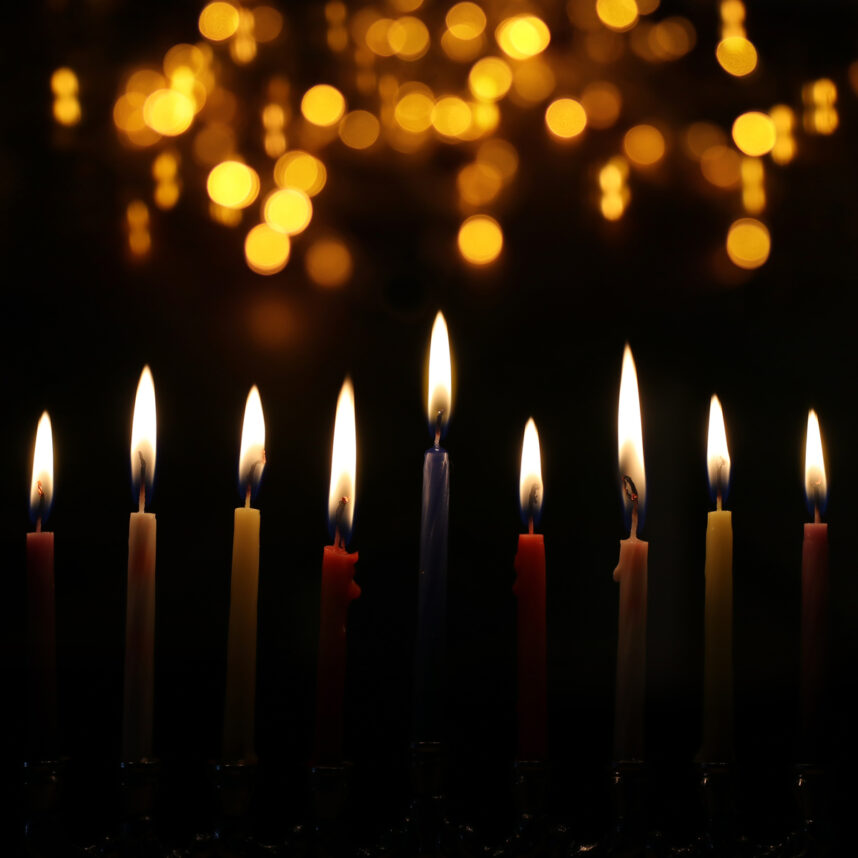
The Oil, the Wick and the Light
Shabbat of Chanuka 2024
Rabbi Mordecai Finley
In the inner life dimension of the Jewish tradition, we find a focus during Chanukah on the metaphor of the oil lamp, not on the Maccabean Rebellion against the Syrian Hellenists.
The oil lamp has three parts: the oil, the wick and the light. The Hasidic masters use Proverbs 6:23 for their teaching on the oil lamp during Chanukah. The verse reads, “Ner mitzvah ve-Torah ohr,” “The mitzvah is the lamp, and the light is the Torah.”
In the Hasidic tradition, the oil stands for the soul, especially the force in the soul that seeks to radiate its light into the world of darkness. The wick of the lamp draws up the oil so that it can radiate into a world of darkness. The potential in the soul to bring light to the world is called the “ohr ganuz,” the “hidden light.” We have light the lamp to bring forth the hidden light. How? A mitzvah
The mitzvah is the deed that lights the wick and draws the soul’s radiance out. I don’t think of a mitzvah as only being one of the commandments of God given in the Five Books of Moses to the Israelites.
The word “mitzvah” is from the Hebrew word root “tz-v-h,” pronounced as “tzavah,” and has the sense of “giving an order.” For example, a “tz’va’ah” is a will, as in a “last will and testament.” Mitzvah does not mean “good deed;” it means “commandment.” My favorite rendering of the word “mitzvah” is “a sacred urging from God to think, speak, or act in a certain way.”
We can go from day to day and week to week, and not think about the sacred. You can even be reading scripture, or attending church or synagogue, but not be wired into the holy. Then suddenly, spontaneously or intentionally, you can feel the Presence flowing into you. As the Presence flows through you, you are urged to respond to a sacred urging – a mitzvah.
There are other moments when you are not experiencing God’s presence, but suddenly you know, in your soul, that you have a duty to think, feel, speak, and act in certain way.
A duty to think a certain way? Yes. We are commanded in the Torah, for example, not to hate or bear grudges. A duty to feel a certain way? Yes. We are commanded in the Torah, for example, to feel compassion for the widow, poor, orphan, and stranger, to love God and love our neighbor.
We are commanded not to do many things that cause harm, including the commandment not to use language to hurt or disparage others. We are commanded to be fair and honest, and to judge others with righteousness.
Every commandment that urges us to think, feel, speak, and act in a certain way points to the resistance within us to doing the right thing; otherwise, there would be no commandment. The mitzvah begins the process of dispelling the darkness. Mitzvah precede belier – first, then see what follows.
In the inner life tradition, this struggle with what we ought to do and the resistance against that is understood as an inner war, a war between light and darkness that is waged in the deep chambers of every human being. The fight against the darkness begins with a mitzvah.
I might find myself, for example, working with a couple where one person is irascible and functions at a fairly low level of emotional intelligence, with lots of anger and punitiveness. The other person has decided to evolve away from pettiness but starts to resent that they must be the tolerant and understanding one. The tolerant one complains, “It is not fair that my spouse is the angry and mean one, but I have to do most of the work.” This person has before them the mitzvah to let go of resentment to light the lamp to dispel the darkness from the relationship.
One person has the mitzvah to light the lamp and keep it lit. One person has to start.
Resentment is a feeling that saps our energy. The lie of resentment is someone must do something for us to feel better, and we refuse to feel better until they do. The list of thoughts and feelings that sap our spiritual energy is many cubits long. Each item on the list is waging war against our well-being. We have to fight the resentment within. We must light the lamp.
Another person, from teens to elder years, finds their life devoid of meaning. The idea of putting in all the spiritual work needed to find meaning and purpose, and even joy, seems overwhelming. They don’t know where or how to begin. Here is how: Light the lamp with an act that defies despair.
During Chanukah, we phrase those questions this way: Do I want to rededicate this relationship to what is good and beautiful? Will I do what it takes to fight against the inner darkness?
For those truly dedicated to bringing forth the light, we must find new energy every single day. We might feel we only have enough energy for one day – hence the beauty of “one day at a time.” Light the candle for today.
It might be a while before others join in the struggle against the darkness of relationships wasted away. It might be a while before you wake up one day with your eyes enlightened.
It is true that life is not fair and that we sometimes can’t find the light to guide our path. It is also true that right now, you are capable of the work of driving out some of the darkness in whatever situation you find yourself. Maybe only one single candle in a vast void, but there is a candle waiting to be lit.
In tough moments, we must do two things: First, find just enough energy within to light a wick and draw up the oil, perhaps only enough for one day. Then, be open to what the light urges you to do. It might be minimal – get out of bed, brush your teeth and make your bed. It be maximal – let go of a resentment that his hobbling your soul.
Or – think of someone else, and how you can help them. Forgive someone in your heart. Speak of appreciation and praise to another. Perform an act of service; sacrifice a need of yours for the need of another.
There are countless sacred urgings from the Divine that come from lighting the wick, to bring the radiance of the soul into a world of darkness. Light the wick eight times in a row. Maybe it will become a habit.







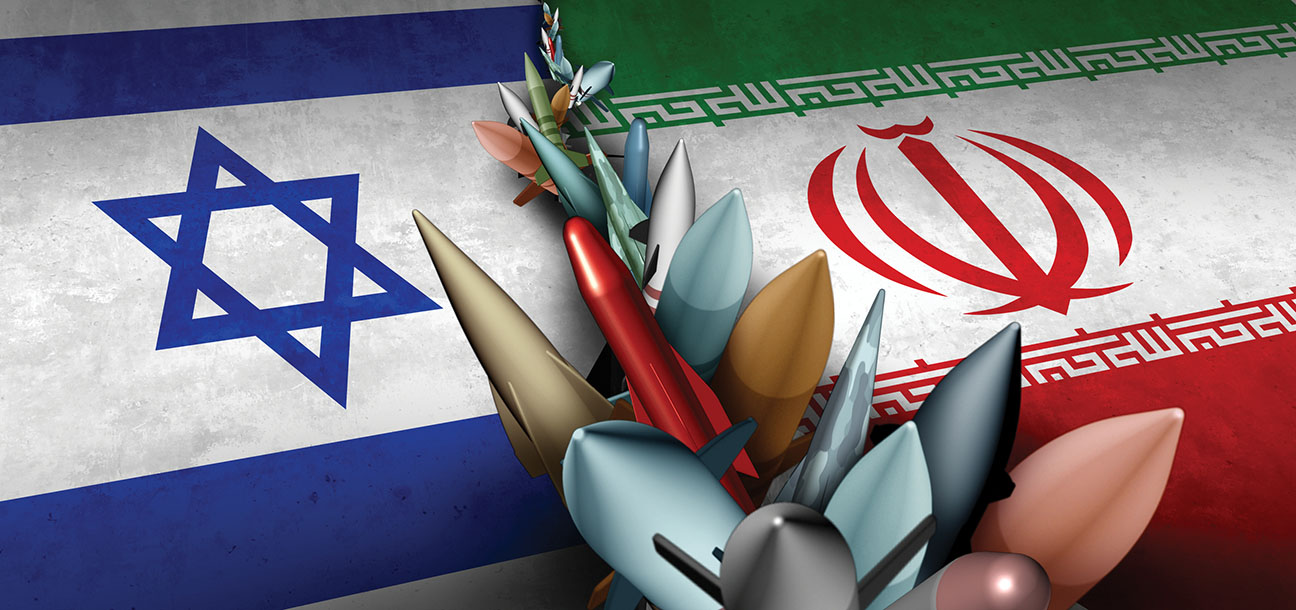
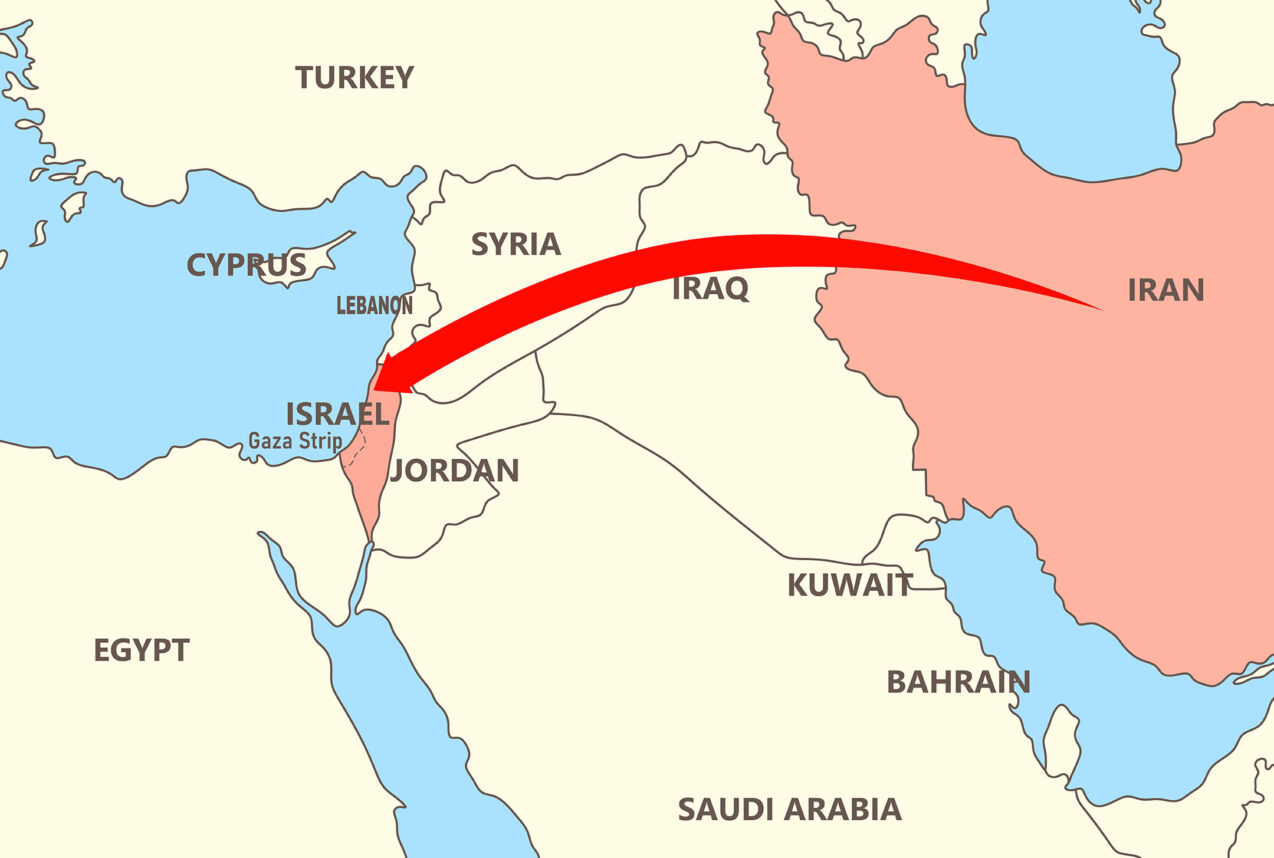

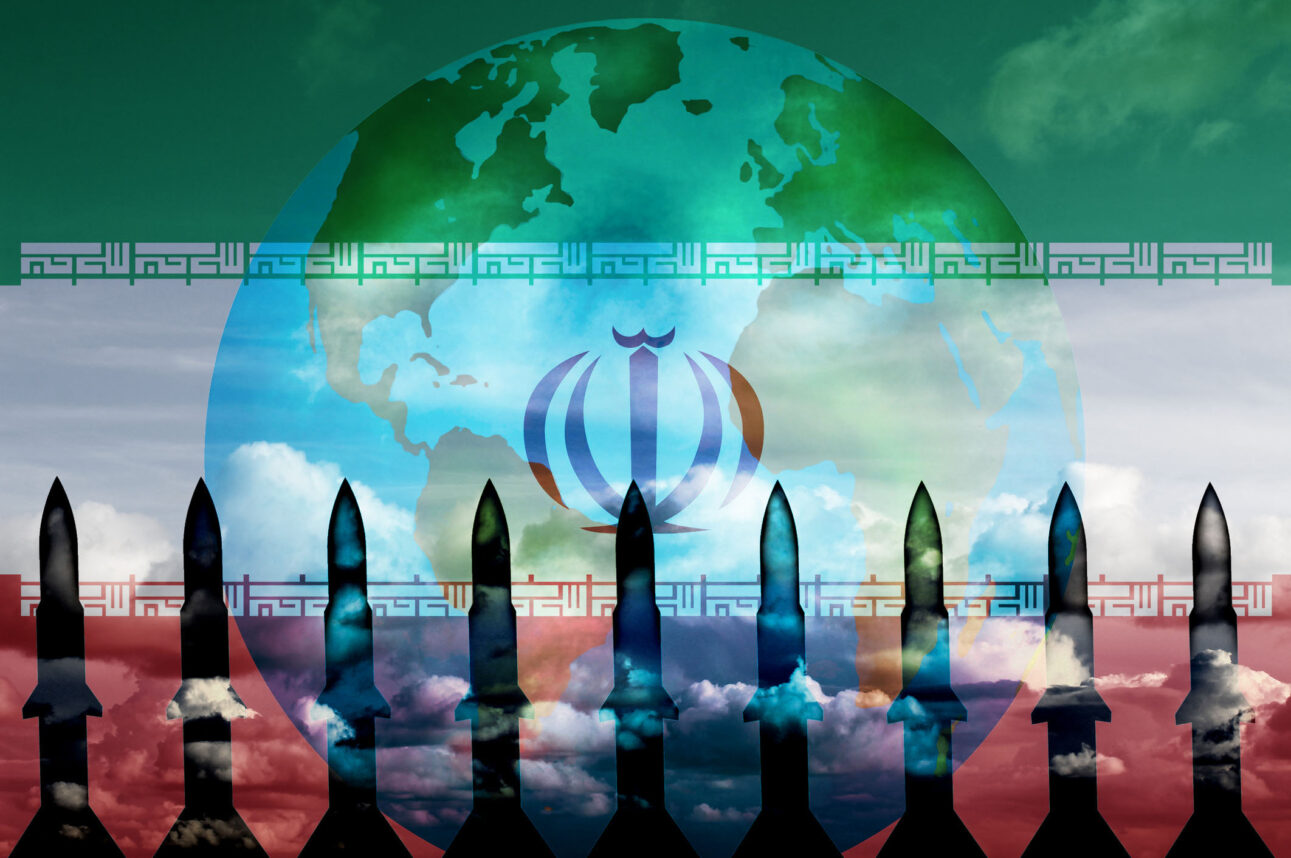
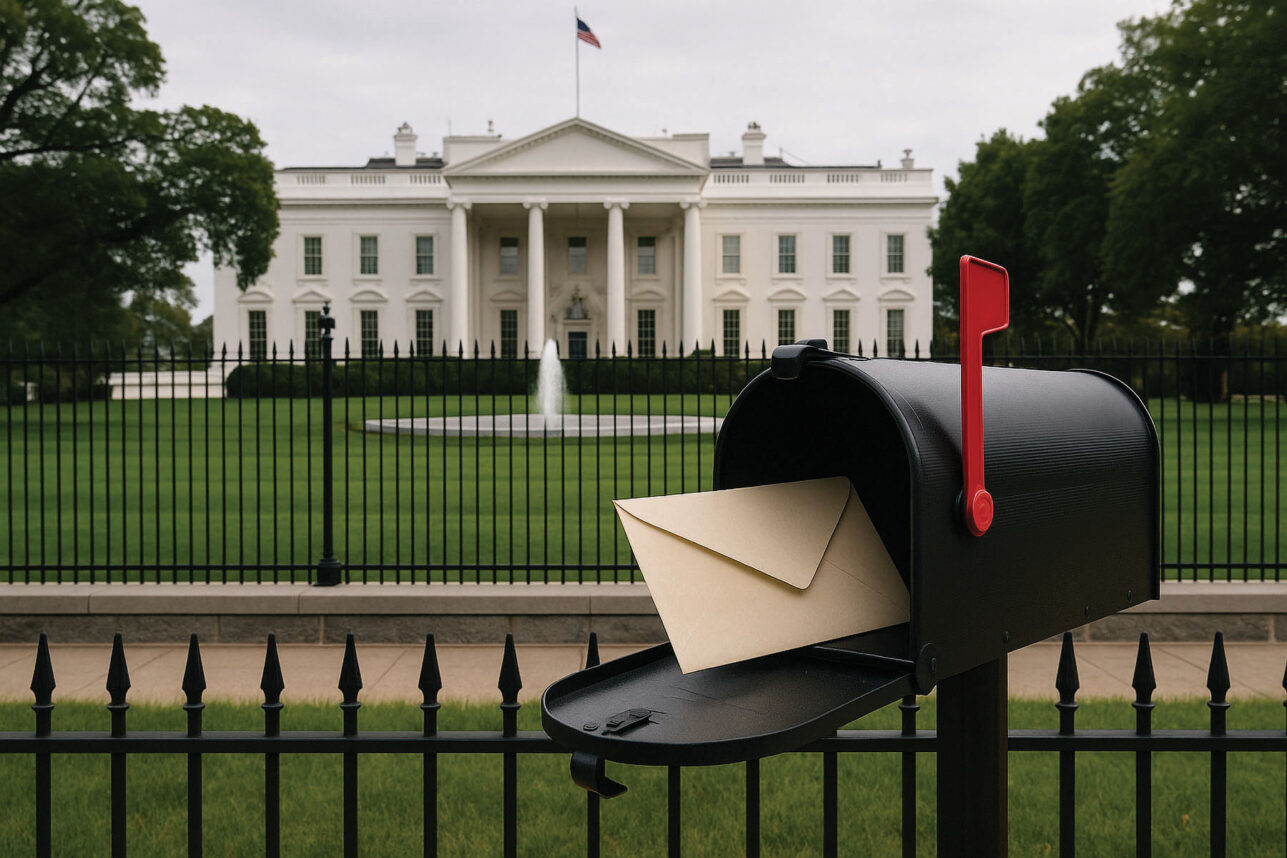
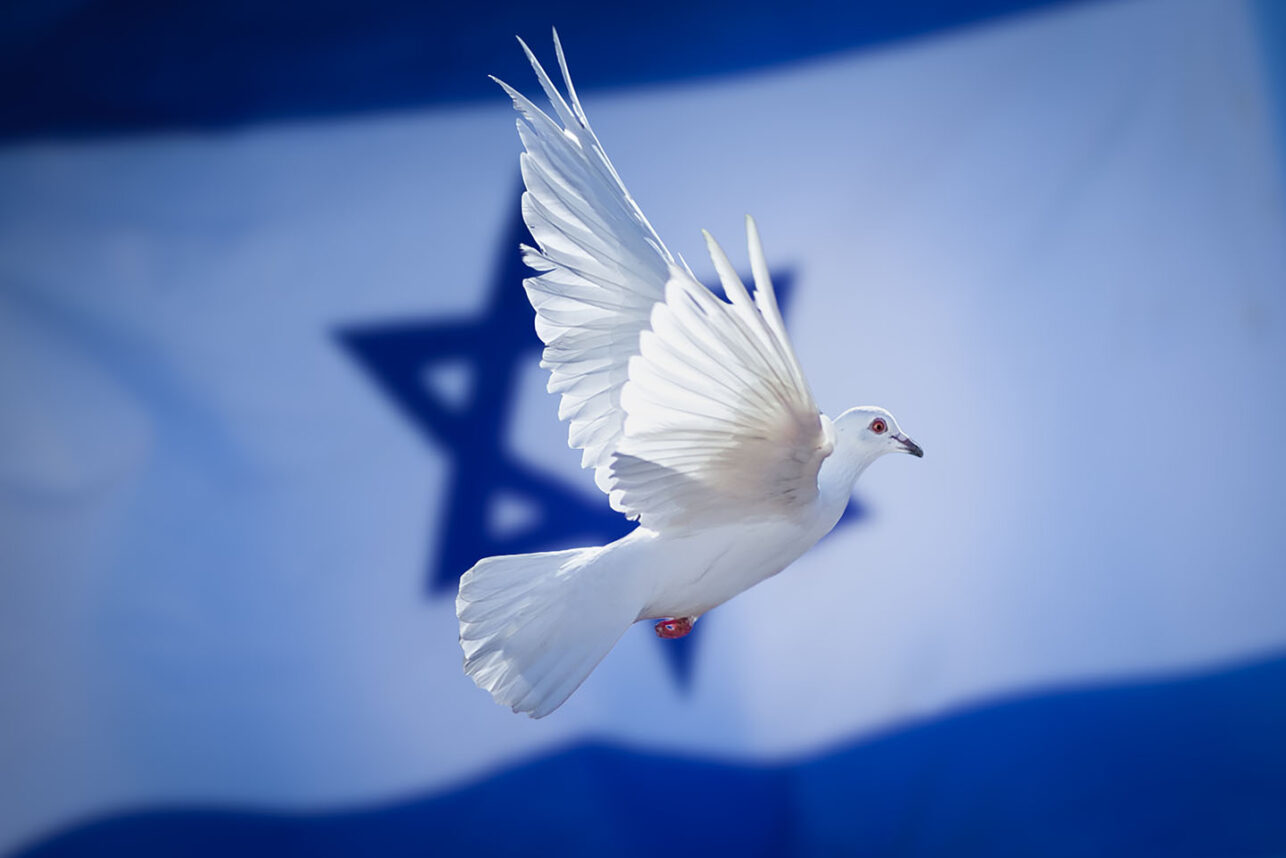
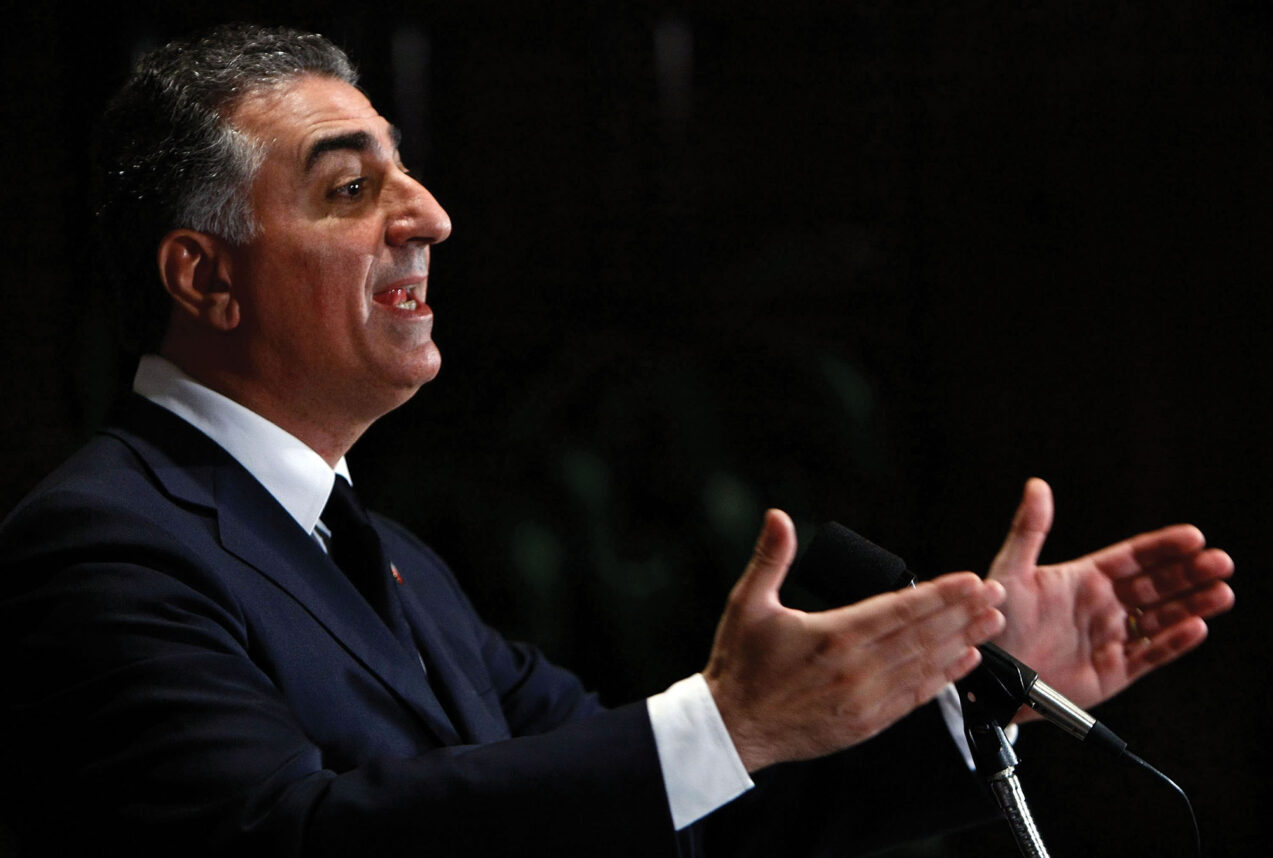
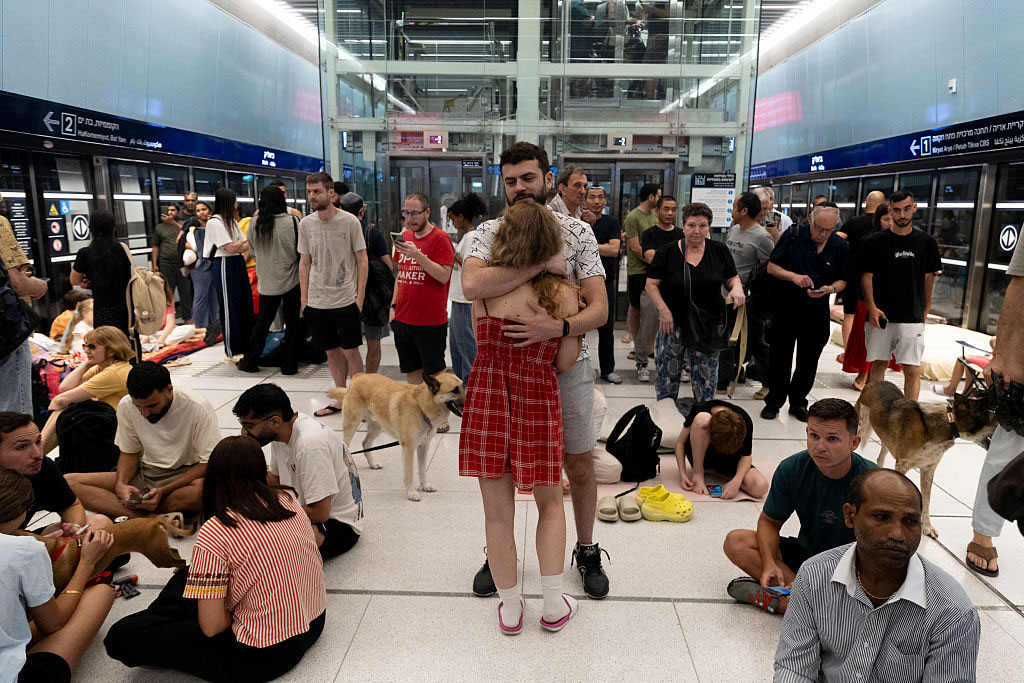
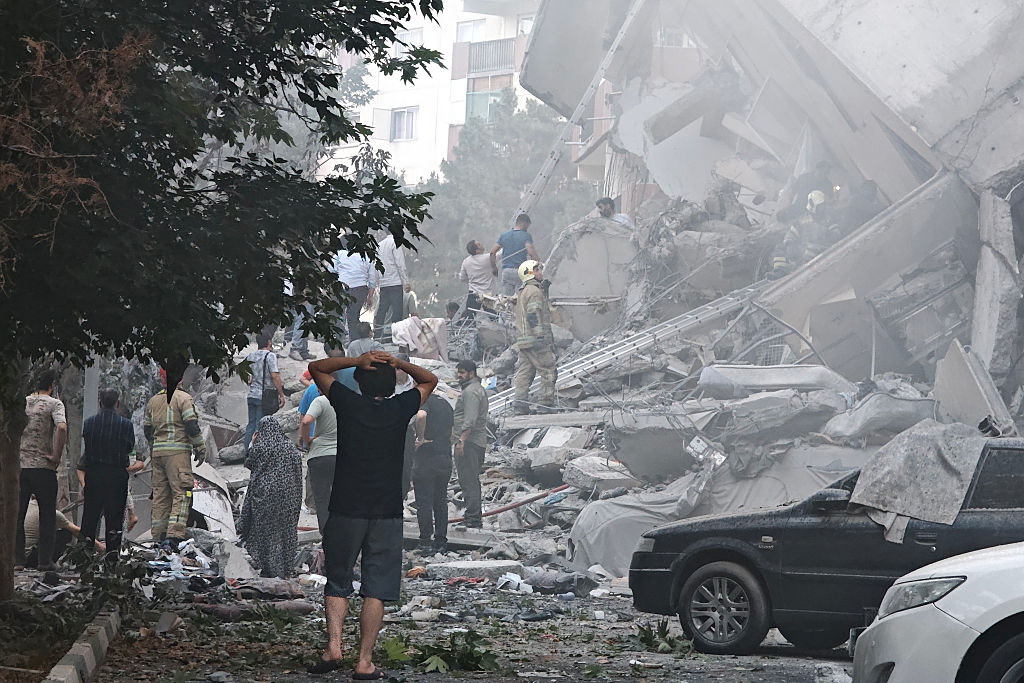

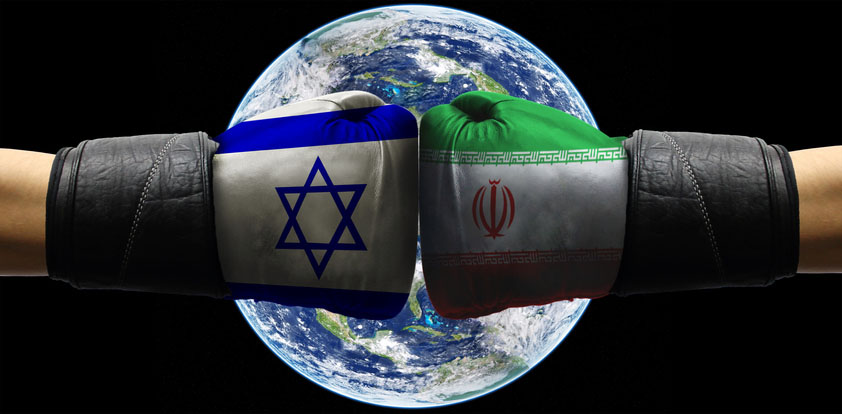



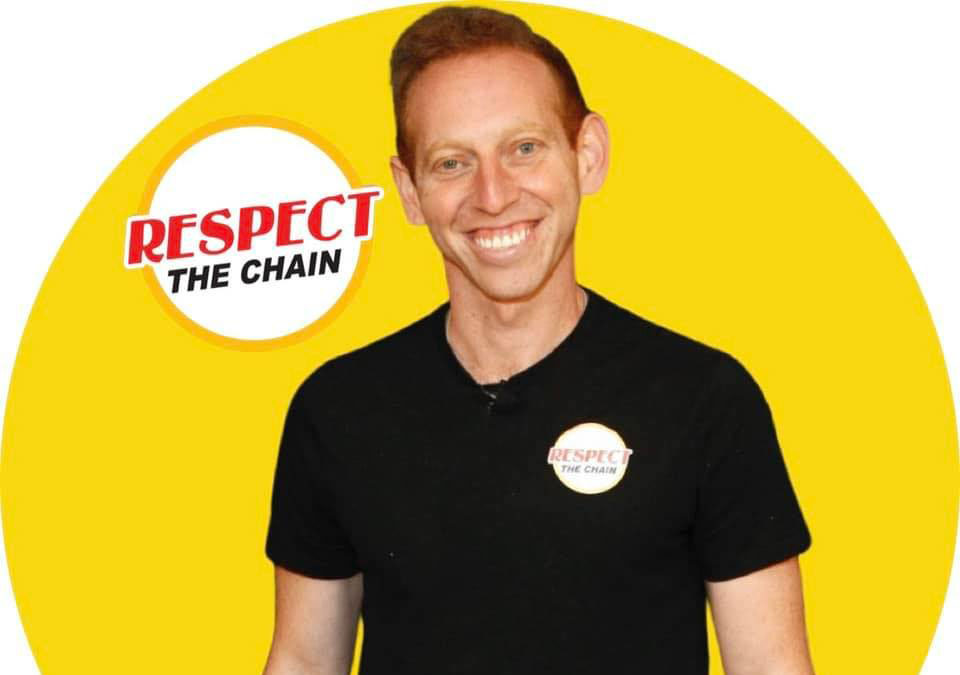


 More news and opinions than at a Shabbat dinner, right in your inbox.
More news and opinions than at a Shabbat dinner, right in your inbox.